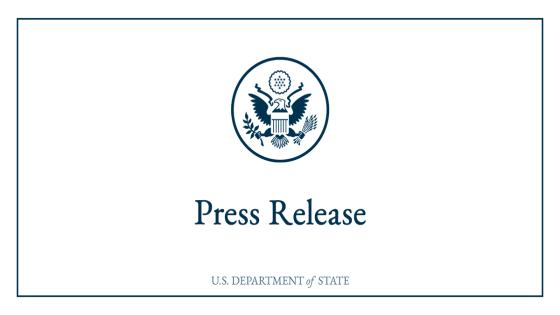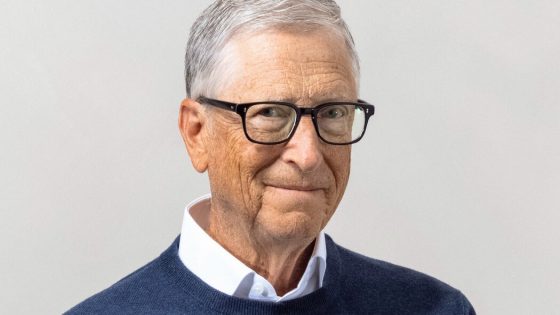Recent diplomatic engagements highlight the evolving dynamics between the U.S., India, and Pakistan, particularly following Secretary Rubio’s call with Pakistani Army Chief Asim Munir. This conversation, occurring on May 10, 2025, underscores the complexities of U.S. foreign policy in South Asia.
- Secretary Rubio speaks with Pakistan's army chief.
- India and Pakistan face new battle dynamics.
- US Secretary of State contacts EAM Jaishankar.
- Recent news highlights India-Pakistan relations.
- Overview of India-Pakistan conflict history.
The dialogue between these nations reflects a new kind of battle for influence and stability in the region. As tensions rise, the U.S. aims to navigate its relationships carefully, balancing support for India while addressing concerns from Pakistan.
What does this mean for U.S. foreign policy? The interplay between these nations raises important questions about regional stability and security. Key points include:
- Increased diplomatic efforts may prevent escalation.
- U.S. interests in South Asia require careful balancing.
- Historical conflicts continue to shape current relations.
As the situation develops, staying informed about U.S. strategies in South Asia will be essential for understanding future implications.





























